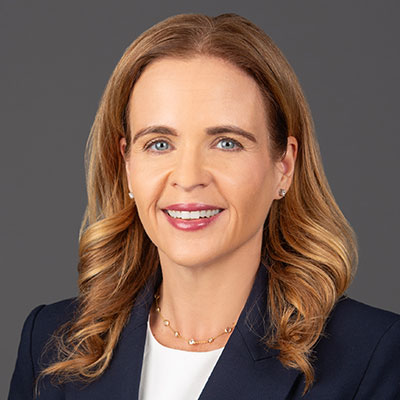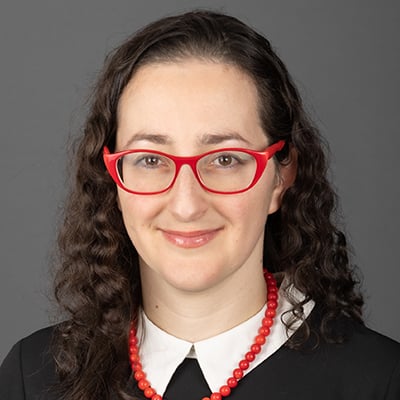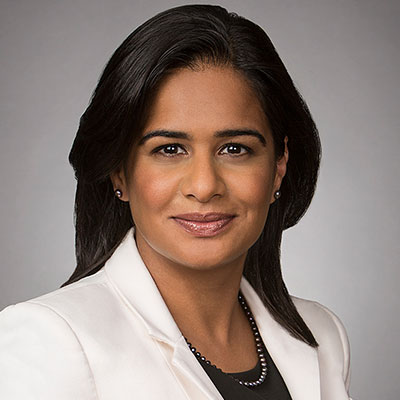Kirkland & Ellis and Other Leading Law Firms Issue Detailed Guidance on the Corporate Transparency Act to the Private Funds Industry
As we set out in an earlier Kirkland AIM, on January 1, 2024, the Financial Crimes Enforcement Network (“FinCEN”) will begin enforcing its final rule (promulgated September 30, 2022) implementing certain beneficial ownership reporting provisions of the Corporate Transparency Act (the “Final Rule” or the “CTA”). The Final Rule is a sweeping overhaul to the U.S. anti-money laundering regime and will impose significant reporting obligations on a number of domestic limited liability companies, corporations, limited partnerships and other entities. Legal entities already in existence as of January 1, 2024, will have a full year to make required FinCEN filings. Legal entities formed after January 1, 2024, will have at least 30 days to make required filings, though FinCEN has proposed an amendment to the Final Rule to give those entities organized between January 1, 2024, and December 31, 2024, a full 90 days to make required filings.
Unless an exemption from reporting is available, the Final Rule will require U.S. domestic and certain non-U.S. legal entities to disclose information about their Beneficial Owners to FinCEN. “Beneficial Owners” are those natural persons who directly or indirectly own at least 25% of an entity as well as each person who exercises “substantial control” over the entity. This beneficial ownership information will be maintained in a confidential database that may only be accessed by law enforcement agencies and, with the reporting entity’s consent, certain financial institutions seeking to comply with customer due diligence requirements.
Access our “Guidance for the Private Funds Industry”
Certain exemptions from beneficial ownership reporting are of particular relevance for fund sponsors. For instance, the following are exempt from reporting under the Final Rule:
- SEC-registered investment advisers and venture capital exempt reporting advisers
- Investment companies under Section 3(a) of the Investment Company Act of 1940
- Private funds that rely on an exemption under 3(c)(1) or 3(c)(7) from the Investment Company Act and are (or will be) identified on their adviser’s Form ADV
- Portfolio companies that qualify as “large operating companies” because they operate in the U.S. and have 20 or more full-time employees in the U.S., and reported at least $5 million in gross receipts to the IRS
That said, we have seen considerable uncertainty how these exemptions from CTA reporting apply to certain aspects of fund sponsor structures that do not fall squarely into the exemptions highlighted above. For example, “relying advisers” and other general partner vehicles would seem to be exempt under the SEC-registered investment adviser exemption, but this may depend on their facts and circumstances. Additionally, treatment of upper-level vehicles (for instance, those vehicles where private equity founders hold economics and governance) that own exempt general partners and/or investment advisers likely differs from treatment of those general partners and/or investment advisers, with filings likely required for such upper-tier vehicles. And although many private funds will themselves be exempt, treatment of special purpose vehicles, holding companies, aggregators and blockers that sit underneath those funds is not expressly addressed in the Final Rule. Because each separate legal entity must consider whether it has an exemption from CTA reporting, below-the-fund entities unable to avail themselves of a CTA exemption will impose a significant reporting burden on fund sponsors.
To address uncertainty over the application of certain CTA exemptions to private funds, Kirkland has joined with colleagues at Debevoise & Plimpton LLP, Ropes & Gray LLP, and Simpson Thacher & Bartlett LLP to align on the scope of certain exemptions and to prepare a guidance document for the private funds industry. We are pleased to make this guidance document available to fund sponsors who are applying the reporting obligations and exemptions under the Final Rule to their structures.
The joint guidance sets out the consensus view of its four authoring law firms on a number of aspects of the Final Rule, including;
- Treatment of relying advisers
- Under what circumstances general partners and managing members in a private fund structure may be exempt from CTA reporting
- Proper treatment of special purpose vehicles and other under-the-fund holding companies, aggregators and blockers
- Availability of exemptions for hard-wired feeders and funds-of-one
- Treatment of funds using a 3(c)(5) or 3(c)(11) exemption from the Investment Company Act
- Exemptions for business development companies (BDCs)
We also set out extensive guidance around what natural persons may be considered to have “substantial control” over a reporting company and therefore may be in scope of its FinCEN filing.
It is our hope that the document provides helpful clarity to the industry and that the citations and rationales will guide potential reporting companies in conversations with their legal counsel about the scope and applicability of the Final Rule.
In the meantime, do not hesitate to reach out to your usual Kirkland contact to discuss the Final Rule and CTA reporting.




















